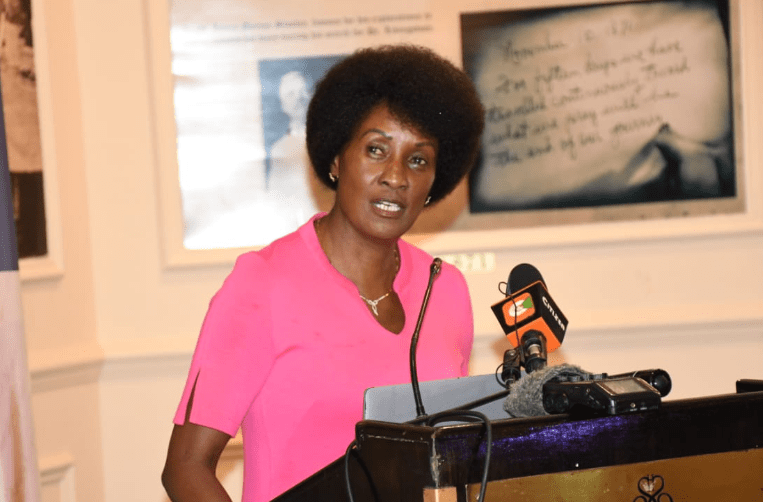Master’s degrees: PSC’s blanket policy unrealistic

In a surprising and controversial move, the government has issued a directive mandating that top civil servants must obtain a master’s degree within two years or risk being axed from their positions.
While the pursuit of academic excellence is commendable, this directive raises serious questions about timing, feasibility, and relevance – especially in the context of the country’s current economic hardship.
A memo dated May 25, 2025, from the Public Service Commission (PSC) indicates the government has set new standards that require all senior officers holding the position of director and above to have acquired a master’s degree.
Those without the qualification have been given two years to acquire it or be dismissed.
First, the sudden directive reflects a glaring disconnect from the prevailing financial realities.
With inflation on the rise, public sector salaries delayed, and widespread budgetary constraints affecting essential services such as health and education, demanding costly postgraduate education from civil servants within that short period is, at best, unrealistic and, at worst, tone-deaf.
A typical master’s degree can cost a substantial amount in tuition fees in the neighbourhood of Ksh2 million, not to mention the associated expenses of books, commuting, and in some cases, relocation or online learning infrastructure.
Expecting civil servants to shoulder this burden at a time when the government has done away with allocations for training programmes in the 2025/2026 financial year is fiscally imprudent.
The two-year timeframe is not only logistically harsh but potentially destabilising. Pursuing a master’s degree while maintaining full-time, often high-pressure responsibilities is an enormous challenge.
This could lead to burnout, reduced productivity, or mass resignations – not to mention a possible wave of skilled professionals opting for early retirement or private sector opportunities, which would further weaken public administration.
The directive also fails to consider the diversity of roles within the civil service. A master’s degree in public administration may be relevant for policy designers, but what about engineers, IT specialists, or logistics managers?
Enforcing a blanket policy ignores the specialised and varied nature of government functions.











